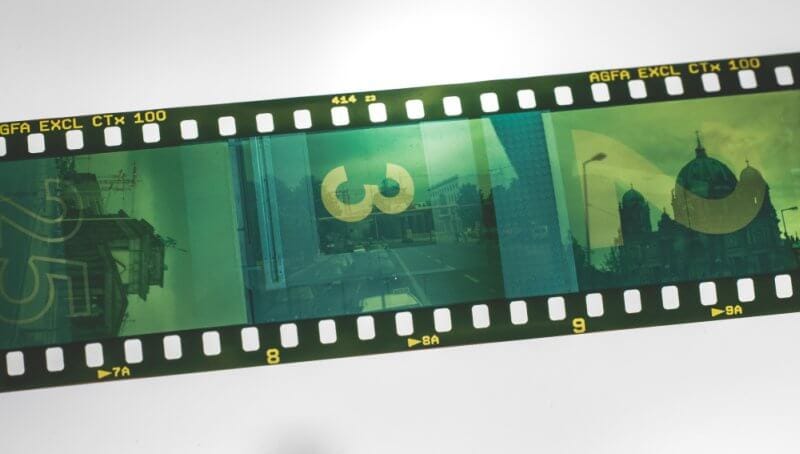The 3 reasons why you photograph
Everyone who's into photography - I am restricting myself here to those who do not do it work-related - has 3 reasons why they take photographs.
If we include professionals in this, an important reason comes in before the other 3: Must. A professional photographer must photograph because his client requires him to. The other reasons I will list next apply to them as well in most cases, but the most important reason remains the fact that you get up in the morning and do your assignment. Must.
Who puts the pressure on MUST?
For all those photographers who practice this as a hobby - note that I am deliberately not using the term amateur photographer here - there is no must. And if there is, you should really ask yourself if this is what you want. Why do you feel you have to photograph? Pressure from outside or from yourself? From outside I would nicely ignore, no problemo. Pressure from within yourself? Why? Because you set yourself a deadline for a project? Because you feel you want to make at least one 'good' picture every week? If need gets in your way, adjust your schedule and your goals. Keep it fun!
The 3 reasons why you photograph
I photograph for 3 reasons. They differ in degree of importance (from 1 to 3) but also cannot exist without each other and complement each other. I assume that these reasons also apply to you.
1. Fun
The first time you picked up a camera, caught the subject in your frame and pressed the shutter button. You probably remember it. If that was a long time ago, you had to exercise patience. First shoot the rest of the roll, get it printed and only then did you see the result of your effort. Have you started photography more recently? Then patience is not necessary. You see the result on your screen immediately. Regardless of whether you shot analog or digital, it did something to you. It tasted like more. You are now reading this newsletter, so you must be somehow interested in photography. You get pleasure from your photography. There is no having to, no one but you decides where to point your camera and when to print.
2. Development
The second reason you photograph is to develop yourself. You want to get better at it. You have fun shooting images. But you also know there is still more to be gained. If you develop yourself you will start to photograph 'differently'. Again, I deliberately don't use the word 'better' because that term only creates noise and imposed opinions. Your photos will be different as soon as you develop. Your knowledge expands as you photograph more, you see a lot more photos by others and you analyze those photos. Perhaps you take courses or workshops. All this makes you look at situations in a different way and assess photographic possibilities better. Or incorporate composition in a more interesting way. The fact that you are still reading this article already indicates that you are interested in developing yourself. My intent with Darkrooms is to make you think about photography. Why do you make the images you make? How do they originate?
3. Appreciation
The third reason is appreciation. Remember that you take photos primarily for yourself. Pleasure! But as my former mentor Rosa Verhoeve always said, "You don't make a picture to put in a drawer." And that applies to almost all photographers. Almost everyone. There are photographers who have absolutely no interest in appreciation. Who may or may not want to develop, but do so in their own way, without interference from others. Think of Vivian Maier, the nanny whose countless undeveloped film rolls were discovered after her death. The small circle of people around her knew she photographed; no one had ever seen the images. Several books have now been made and exhibitions mounted. Now she is getting the appreciation she was never looking for.
With few exceptions, photographers like to have their work shown. As a reference for where they stand. How do others judge my work? As a way to develop. What feedback do I get on my photos and what can I do with that to make a more interesting image next time. To compete with other photographers in competitions. I continue to find this a tricky story because you are comparing apples to oranges. Feedback helps you move forward. You decide what to do with that feedback. Knowing who the person giving feedback is, is an important criterion though. I don't consider Likes and meaningless words on Social Media to be feedback. Opinions from people who know you and whom you admire is feedback you should listen to. How you then use that is up to you.
And while appreciation is of course great, I personally get happier from constructive criticism on my work. It allows me to develop (point 2) and that in turn makes my photography more fun (point 1).
That completes the circle as far as I am concerned.
Support Darkrooms
If this newsletter was shared with you, consider subscribing, and if you have already subscribed, please forward to a friend who loves photography.
That’s it for this week.
Till next time!
Marcel Borgstijn





